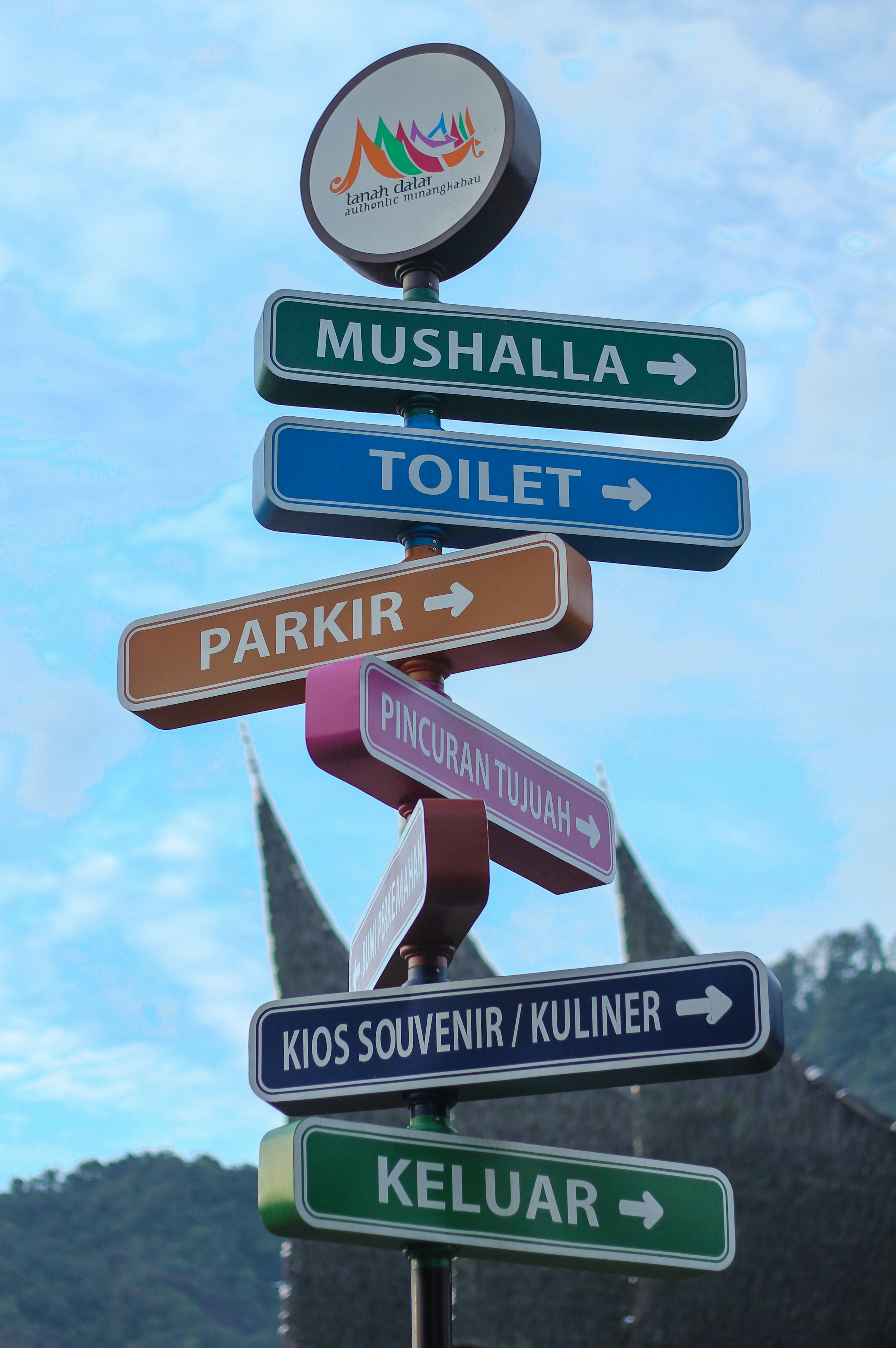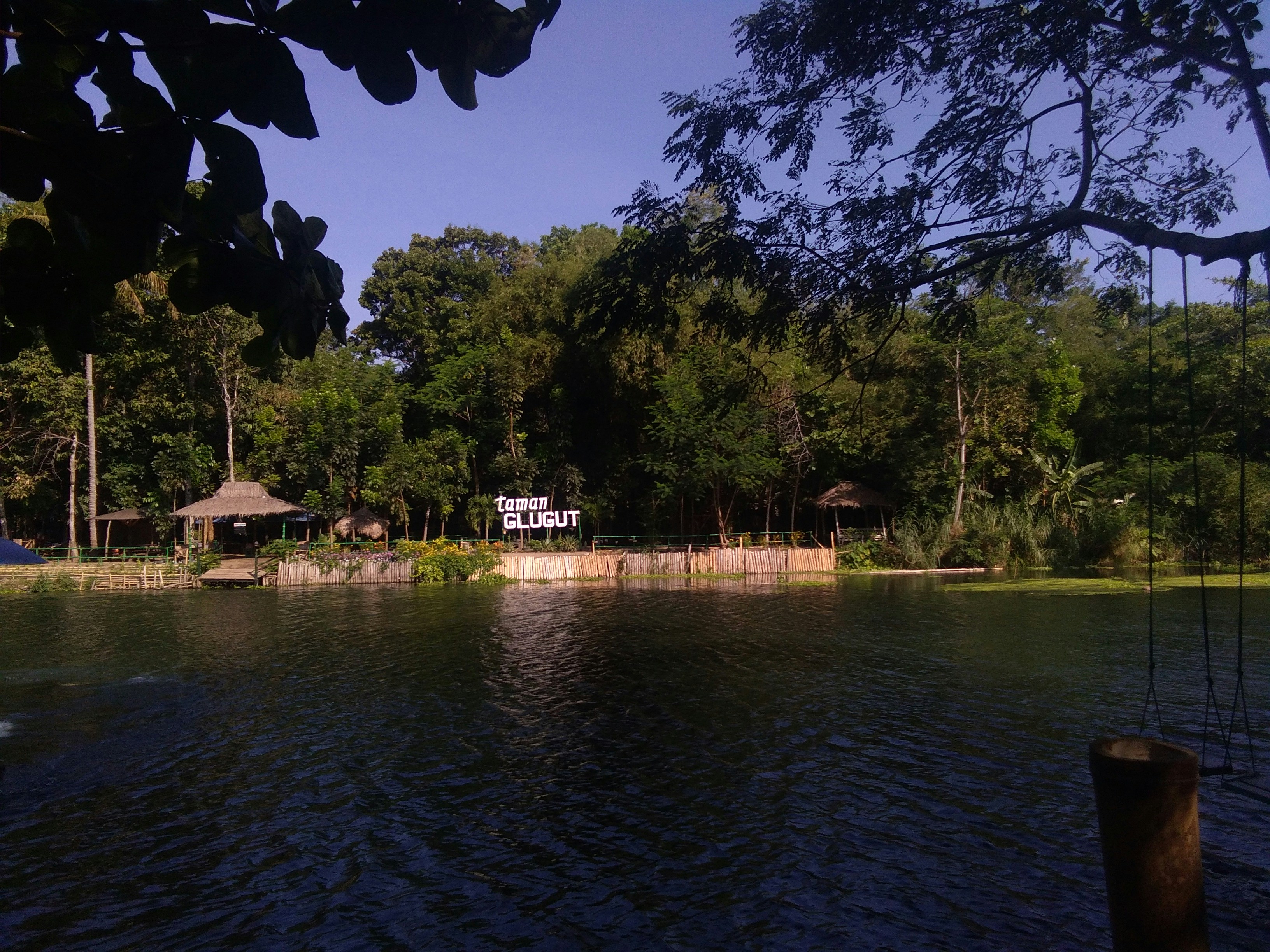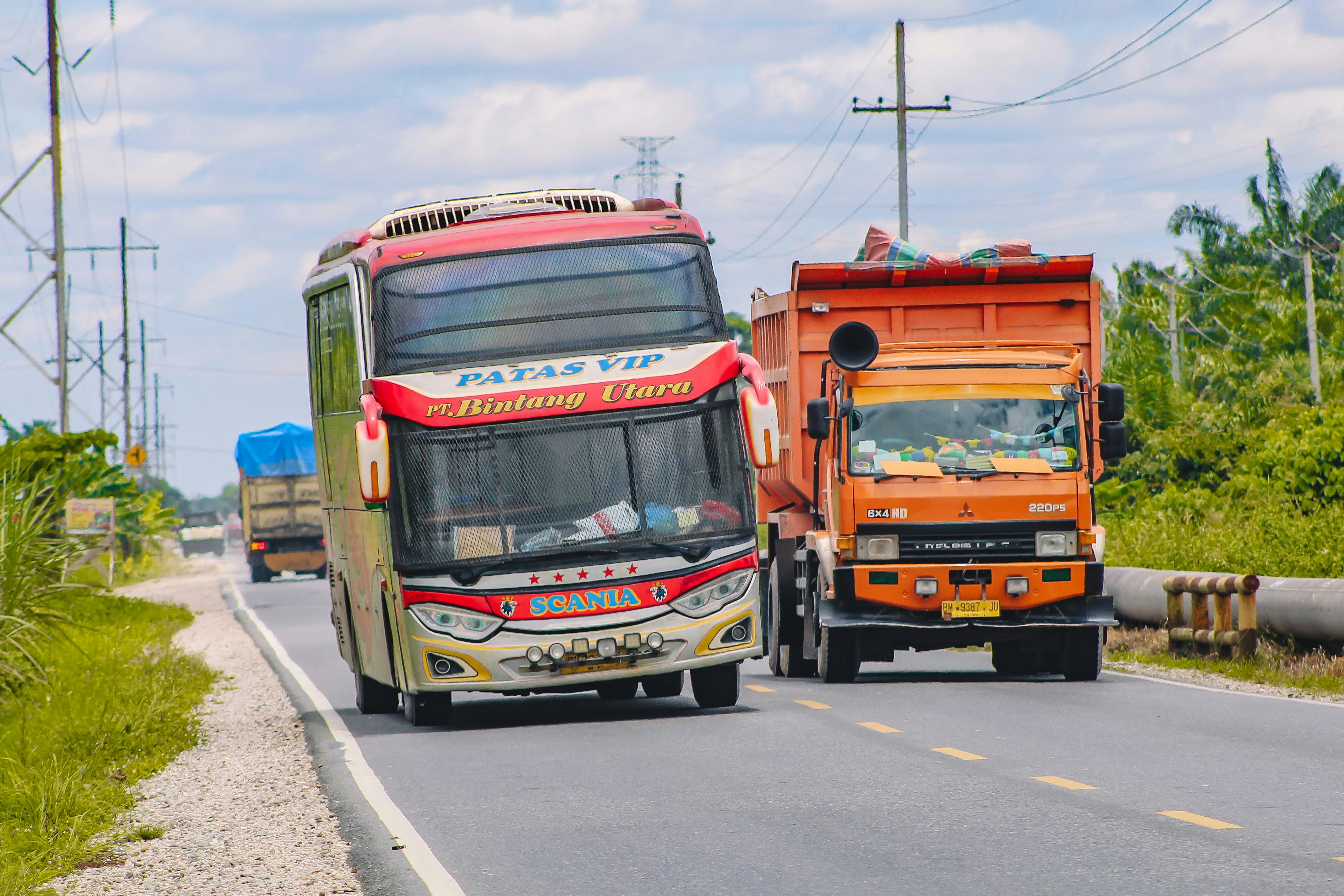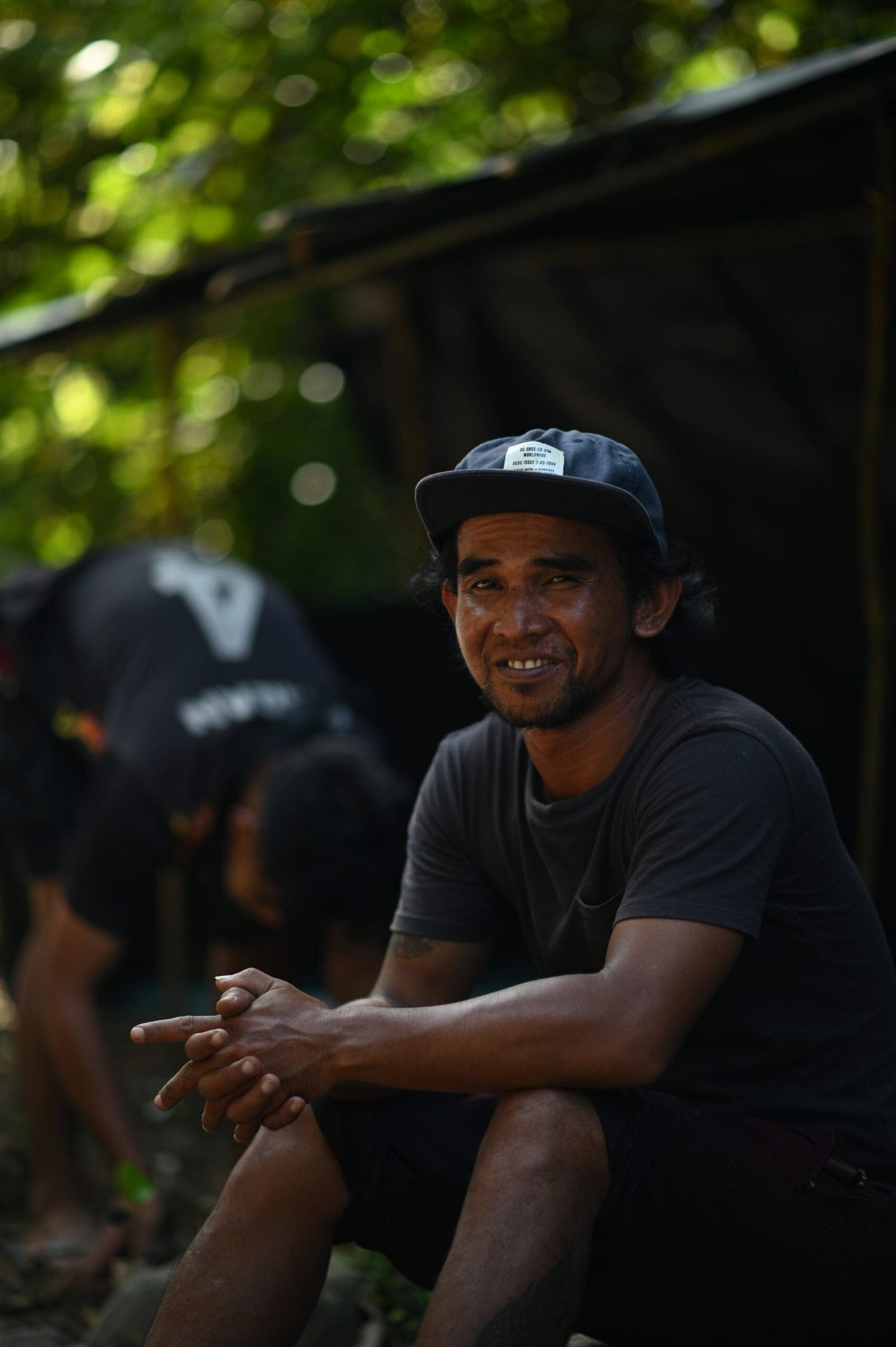Top Things to Do in Sumatra: A Comprehensive Guide for Foreigners
Exploring the Natural Wonders of Sumatra
Sumatra is a treasure trove of natural wonders, boasting lush rainforests, towering volcanoes, and breathtaking lakes, all of which captivate the attention of nature enthusiasts and adventure seekers alike. One of the most remarkable attractions in this region is Lake Toba, recognized as the largest volcanic lake in the world. Formed by a massive eruption thousands of years ago, the lake spans approximately 1,145 square kilometers and is surrounded by the stunning Samosir Island, offering opportunities for swimming, boating, and exploring traditional Batak villages.
Another must-visit destination is Bukit Lawang, a small village nestled in the rainforests of North Sumatra. It serves as a gateway to the Gunung Leuser National Park, renowned for its rich biodiversity and being a habitat for the endangered orangutan. Guided trekking tours in Bukit Lawang allow visitors to encounter these magnificent primates in their natural habitat while also appreciating the diverse flora and fauna endemic to the area. Trekking options range from half-day excursions to multi-day adventures, catering to varying levels of experience and fitness.
For wildlife enthusiasts, Gunung Leuser National Park offers a unique chance to observe a wide array of species, including rhinos, tigers, and elephants. Planning your visit during the dry season, from May to September, can enhance your experience as this is when wildlife viewing is optimal. As for entry fees, the park typically charges a nominal fee; however, hikers are encouraged to join a licensed guide to ensure a safe and informative experience. Reaching these breathtaking destinations is generally accomplished via domestic flights to locations such as Medan, followed by a combination of private transport and local guides. The unparalleled beauty and diversity of Sumatra’s natural landscapes make it a must-visit for any adventurous traveler.
Cultural Highlights and Local Experiences
Sumatra, the sixth largest island in the world, is a tapestry of diverse cultures, ethnic groups, and traditions, making it an enticing destination for travelers. The island is primarily divided among various ethnicities, including the Batak people, known for their rich traditions and remarkable oral history. A visit to the traditional Batak villages around Lake Toba presents an opportunity to witness exquisite wooden houses, often featuring intricate carvings that reflect their ancestral heritage. Here, one can learn about the Batak people’s customs, music, and traditional dances, which are often performed during local ceremonies.
In West Sumatra, the unique architecture of the Minangkabau houses is another cultural highlight. These homes are distinguished by their peaked roofs, symbolizing the buffalo horns, and are built using traditional techniques. The Minangkabau culture is matrilineal, and the significance of women in society can be observed in various aspects, from inheritance practices to culinary traditions. Tourists can attend local festivals, such as the Pacu Jawi, a traditional bull race that attracts crowds, offering a vibrant display of local culture and agricultural practices.
Sumatra’s culinary scene is equally inviting, with an array of traditional dishes that reflect the island’s diverse heritage. Travelers should indulge in “Rendang,” a spicy meat dish that has gained iconic status, as well as “Sate Padang,” skewered meat served with a spicy sauce. Exploring local markets, such as the bustling markets in Medan, offers an authentic experience where one can buy fresh produce, spices, and handcrafted goods while engaging with friendly locals.
When engaging with the rich culture of Sumatra, it is essential for visitors to be aware of local etiquette and cultural norms. For example, dressing conservatively and removing shoes before entering homes are common practices. Such respectful interactions enrich the travel experience, allowing for deeper connections with Sumatra’s vibrant community.
Adventure Activities for Thrill Seekers
For adventurers and thrill seekers, Sumatra is a veritable playground filled with an abundance of exhilarating activities ready to ignite your sense of adventure. One of the most popular pursuits is white-water rafting on the Batang River, where the rushing waters carve through picturesque landscapes. With varying levels of rapids, this activity caters to both novices and seasoned rafters. Guided tours are available, ensuring that participants receive essential safety instructions and the necessary equipment for a safe and enjoyable experience.
Another thrilling option is surfing at the renowned Mentawai Islands, celebrated for their world-class waves. Surf enthusiasts can test their skills on the challenging swells that attract surfers from around the globe. Various surf camps offer packages that include accommodation, meals, and equipment rental, making it easy for travelers to immerse themselves in the surfing culture of the region.
Diving in the crystal-clear waters of Pulau Weh presents another adventure for those who wish to explore underwater ecosystems. The diversity of marine life, including vibrant coral reefs and unique species, provides divers with an unforgettable experience. Many dive shops on the island offer guided tours, ensuring that even beginners can safely enjoy this underwater adventure.
Sumatra is not merely about high-paced activities. Unique opportunities for wildlife spotting and eco-adventures await those who venture into its lush rainforests. Guided treks can lead you to encounters with the endangered orangutans, and various birdwatching expeditions allow travelers to observe the island’s rich avian species. With so many adventure activities available, thrill seekers can create a truly memorable experience while exploring the wild beauty of Sumatra.
Practical Travel Tips for Foreigners Visiting Sumatra
Traveling to Sumatra, a stunning Indonesian island known for its diverse landscapes and rich culture, requires careful preparation. Before embarking on your journey, foreigners must ensure compliance with visa requirements. Most visitors can obtain a visa on arrival, which typically allows for a stay of 30 days. It is advisable to check the latest regulations pertaining to your nationality, as visa policies may vary and change frequently.
Once in Sumatra, navigating the island can be an adventure in itself. Public transportation options such as buses and shared minivans are available and provide a cost-effective way to explore. For more flexible travel, consider renting a motorcycle or car, though drivers should be cautious due to varying road conditions and traffic rules. Additionally, rideshare apps may also serve as convenient alternatives in urban areas.
Safety is paramount when traveling, so it is vital to stay informed about your surroundings. Avoid traveling alone at night and be cautious in crowded areas to mitigate the risk of petty crimes. Regarding health, it is recommended that travelers consult with healthcare professionals weeks before departure to discuss necessary vaccinations. Malaria is a risk in certain regions of Sumatra, thus anti-malarial medication should be considered a precaution while you are there.
Understanding local customs greatly enhances the travel experience. The primary language is Bahasa Indonesia, but learning a few basic phrases can facilitate interactions with locals. Currency used on the island is the Indonesian Rupiah, and it is advisable to have some cash on hand since not all establishments accept cards.
Accommodation options cater to every budget, from quaint hostels ideal for backpackers to luxurious resorts perfect for those seeking comfort. Booking sites offer numerous choices, allowing travelers to compare prices and find the best fit for their preferences. With appropriate planning and research, visitors can enjoy a seamless journey through the captivating landscapes of Sumatra.








